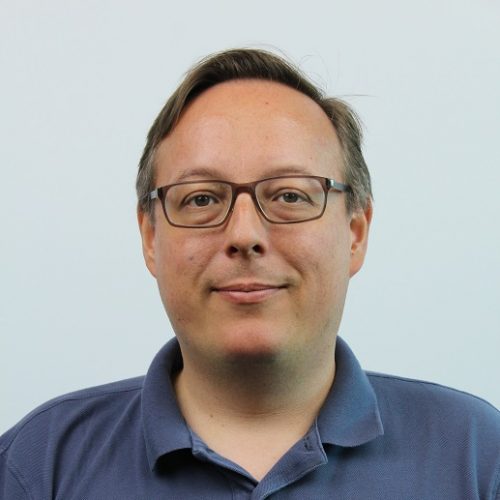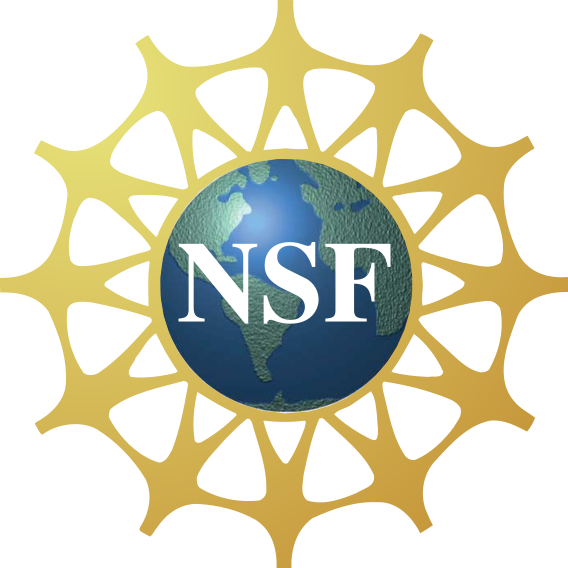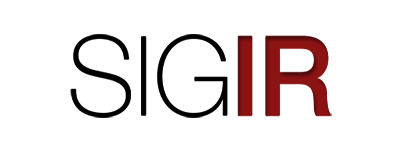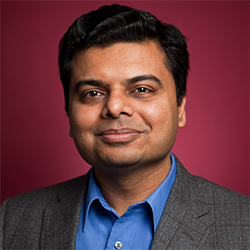Call for Participation
Scope
Search and recommender systems should be supporting user tasks rather than individual queries or actions. To that end, the IR community has spent decades trying to understand user’s tasks and their contexts, and how to best support them. The recent advancements in generative AI have drastically shifted the landscape of task-focused IR. Users can now express not only their queries and questions, but actual information needs, tasks, and goals in natural language to an AI system and receive not just results, but also answers in natural language that are generated specifically for them. This new paradigm raises many interesting questions, opportunities, and challenges. We are looking to bring a group of highly motivated students and scholars in a two-day workshop on Microsoft campus in Redmond to discuss these, learn from each other, and envision a new future for task-focused IR.
Topics
Topics of interest include, but are not limited to, the following:- Task-focused search and recommendation
- Generative AI
- AI copilots and digital assistance
- Model innovation
- Task modeling (task representations, contexts, complexity, etc.)
- Adaptation (model specialization, hybrid inference, etc.)
- Alignment (application alignment, feedback loops)
- Augmentation (retrieval augmented generation, skills/plugin retrieval/recommendation, etc.)
- Grounding (Hallucinations, provenance, faithful reasoning, etc.)
- Personalization (infinite memory, context compression, privacy, etc.)
- Next-generation experiences:
- Unified experiences (e.g., spanning search and dialog)
- Human learning (search as learning, exploratory search, learning support, etc.)
- Human control (control strategies, system involvement, human-AI teaming, etc.)
- Completion (task automation, standing tasks, proactive experiences, etc.)
- Measurement:
- Understanding (mental models, model capabilities, user studies, etc.)
- Evaluation (metrics, judgments, simulations, etc.)
- Broader implications:
- Responsibility (RAI, bias, FATE, etc.)
- Economics (business models, advertising, content creation, cost-benefit tradeoffs, etc.)
- Ubiquity (cross-application, cross-device, OS integrations, etc.)
Dates
- Interest application for participation: September 6, 2023
- Student applications for funding: September 6, 2023
- Notifications: September 11, 2023
- Registration: September 15, 2023
- Final agenda: September 15, 2023
- Workshop: September 28-29, 2023
Venue
Microsoft Research (Building 99)14820 NE 36th St, Redmond, WA
Workshop Schedule (Tentative)
Day 1: Thursday, September 28, 2023
| 8:00 AM | Breakfast |
| 9:00 AM | Opening |
| 9:15 AM | Keynote |
| 10:30 AM | Coffee break |
| 11:00 AM | 2-3 Invited talks |
| 12:00 PM | Lunch |
| 1:00 PM | Breakout session-1 Topic: Leveraging GenAI for IR and Mitigating Risks |
| 2:30 PM | Coffee break |
| 3:00 PM | Panel |
| 4:00 PM | Student poster lightning talks |
| 4:30 PM | Poster session |
| 5:30 PM | Adjourn |
Day 2: Friday, September 29, 2023
| 8:00 AM | Breakfast |
| 9:00 AM | Breakout session-2 Topic: GenAI and the Future of Information Access |
| 10:30 AM | Coffee break |
| 11:00 AM | Full group discussion to share and consolidate ideas |
| 12:00 PM | Lunch |
| 1:00 PM | Adjourn |
Registration
Registration is free and open to both students and non-students. But due to facility constraints, we can only admit a limited number of participants. Please follow the link below to express your interest in attending this workshop.
Important Registration Dates
Interest application opens: August 28, 2023Interest application closes: September 6, 2023
Notifications: September 11, 2023
Apply to Attend the Workshop [CLOSED]
Workshop Travel Grants
Funding for the workshop is available!
We have limited funding for students to attend the workshop. Priority will be given to PhD students who are working in the relevant area or interested in pursuing their future research in one of the topics listed here *and* presenting a poster at the workshop.
Amount: Up to $1,000
Deadline: Applications will be accepted until September 6, 2023.
Eligibility: The applicant must be enrolled in a graduate program (masters or PhD) as a full-time student at a US institution of higher education. Please note that while we are not able to fund non-US students for travel due to NSF restrictions, we are looking into other ways to support them. Stay tuned for more details.
Speakers
Keynote Speaker
Bio: Nick Craswell is a Principal Applied Scientist at Microsoft in Redmond Washington, working on enhancing search, recommendation and other information access methods, for personal and enterprise data such as email, chat and shared files. This includes work on generative AI solutions to such problems, for example how to evaluate M365 Chat. He is a member of the SIGIR Academy. He has coauthored hundreds of papers and three books on information access and retrieval.
Title: Personalization and Conversation (and GPT-4)
Abstract:
A fundamental capability in search is to retrieve the best candidates from millions or billions of candidates. That capability can be used in
a simple query-driven search interface. On top of that we can add capabilities like personalization, conversational refinement and/or summarization
via retrieval-augmented generation. This talk covers some work on the fundamentals (MS MARCO), personalization and conversation ("A theoretical model
of conversational search" by Radlinski and Craswell). For each published work, I'll present some toy examples, to see what GPT-4 (dv3) can do.
The toy examples help us speculate about the upcoming impact of LLMs on retrieval fundamentals, personalization and conversation.
Invited Talks
Luanne Sinnamon
University of British Columbia
Title: Past and Future Directions in the Design of Task-Based Information EnvironmentsGrace Hui Yang
Georgetown University
Title: Re-classification of Information Seeking Tasks and Their Computational SolutionsRaman Chandrasekar
Institute for Experiential AI, Northeastern University (Seattle Campus)
Title: Question Answering on Irregular Tabular Data Using a Parallel Document Corpus
Panel
Moderator: Rob Capra
University of North Carolina at Chapel HillPanelists: Leif Azzopardi
University of StrathclydeJacek Gwizdka
University of Texas at AustinBesmira Nushi
Microsoft Research
Presentations
Presentation Recordings
Keynote
Panel
Invited Talks
Speakers' Presentations
Posters
Attend
Workshop Venue
Microsoft Research (Building 99): 14820 NE 36th St, Redmond, WA
Note: Breakfast and lunch will be provided for both days of the workshop at no cost to attendees.
Accommodation
The workshop will be hosted at Microsoft Research (Building 99) in Redmond. It will be easier to commute if you find accommodation close to Building 99. There are several hotels close to the workshop venue, including the following:
- Fairfield Inn & Suites by Marriott Seattle Bellevue/Redmond
- Sonesta Select Seattle Bellevue Redmond
- Residence Inn by Marriott Seattle Bellevue
- Aloft Seattle Redmond
- Element Seattle Redmond
There are other hotels nearby in downtown Redmond and downtown Bellevue. Also, nearby are many restaurants, coffee shops, and other spots to reconnect with colleagues and discover.
Arriving in Seattle
There are regular direct flights to Seattle-Tacoma International Airport (SEA) from other cities. SEA is located approximately 21 miles from the venue, the Microsoft Research (Building 99). You can find information about transportation options from the airport here: https://www.seattle.gov/transportation/getting-around/transit
RideShare Apps
You can use ride-hailing apps to move around Seattle and Redmond.
- Lyft – You can use the Lyft app for ride-hailing.
- Uber – Uber is available to commuters in Seattle and Redmond. You can choose from several options.
Parking
If you are driving, you can park in the visitor parking spots in Building 99 Garage.
Sightseeing in Seattle
Sponsors
Workshop Organizers
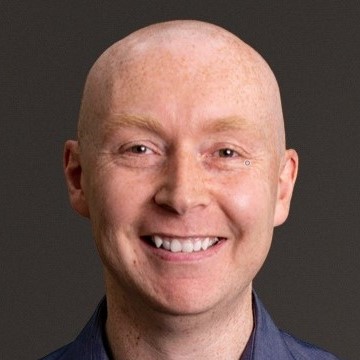
Ryen W. White
General Manager and Deputy Lab Director, Microsoft Researchryenw@microsoft.com
Home page
